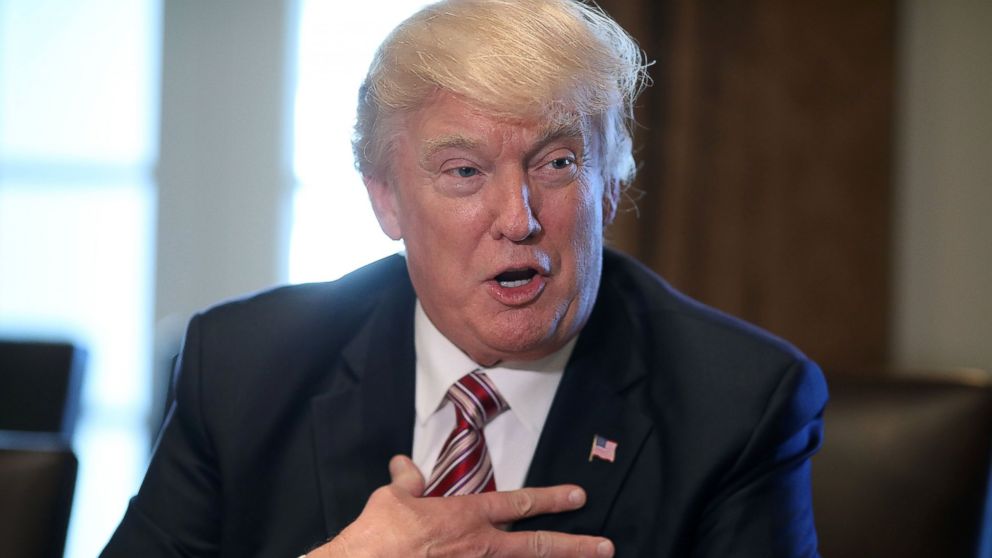That's the real problem with the ACA. It was a one party plan where huge sections of the country had no say whatsoever in constructing it. The Republicans, example given, proposing prohibiting Convicted Child Molesters from receiving free ED drugs under O'care. The D's turned it down, unanimously.
Policies about convicted child molesters and ED drugs isn't health care policy, it's publicity and grandstanding.
Republicans were given the opportunity to participate, they started to, then were threatened by their party and backed out.
Max Baucus, in the spring of 2009, signaled his desire to find a bipartisan compromise, working especially closely with Grassley, his dear friend and Republican counterpart, who had been deeply involved in crafting the Republican alternative to Clintoncare. Baucus and Grassley convened an informal group of three Democrats and three Republicans on the committee, which became known as the “Gang of Six.” They covered the parties’ ideological bases; the other GOPers were conservative Mike Enzi of Wyoming and moderate Olympia Snowe of Maine, and the Democrats were liberal Jeff Bingaman of New Mexico and moderate Kent Conrad of North Dakota.
Baucus very deliberately started the talks with a template that was the core of the 1993-4 Republican plan, built around an individual mandate and exchanges with private insurers—much to the chagrin of many Democrats and liberals who wanted, if not a single-payer system, at least one with a public insurance option. Through the summer, the Gang of Six engaged in detailed discussions and negotiations to turn a template into a plan. But as the summer wore along, it became clear that something had changed; both Grassley and Enzi began to signal that participation in the talks—and their demands for changes in the evolving plan—would not translate into a bipartisan agreement.
What became clear before September, when the talks fell apart, is that Senate Republican Leader Mitch McConnell had warned both Grassley and Enzi that their futures in the Senate would be much dimmer if they moved toward a deal with the Democrats that would produce legislation to be signed by Barack Obama.
One reason for the continued resistance to the Affordable Care Act is a badly distorted narrative of how it became law.

www.theatlantic.com



